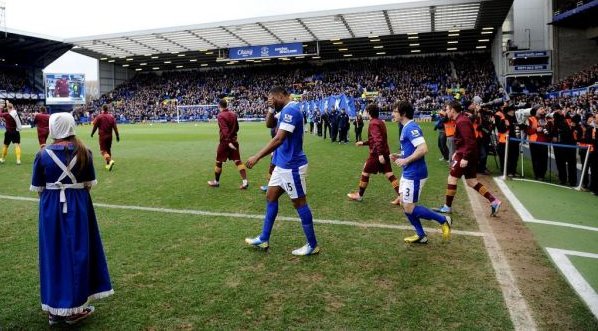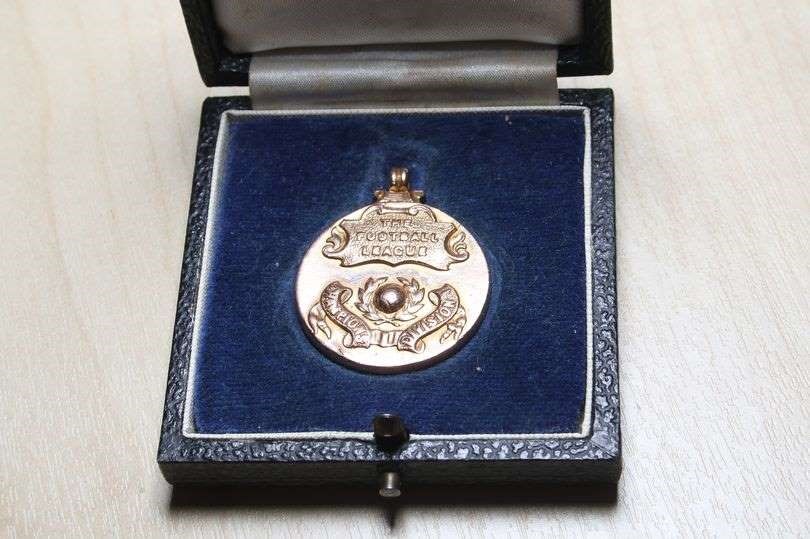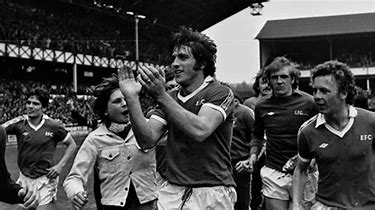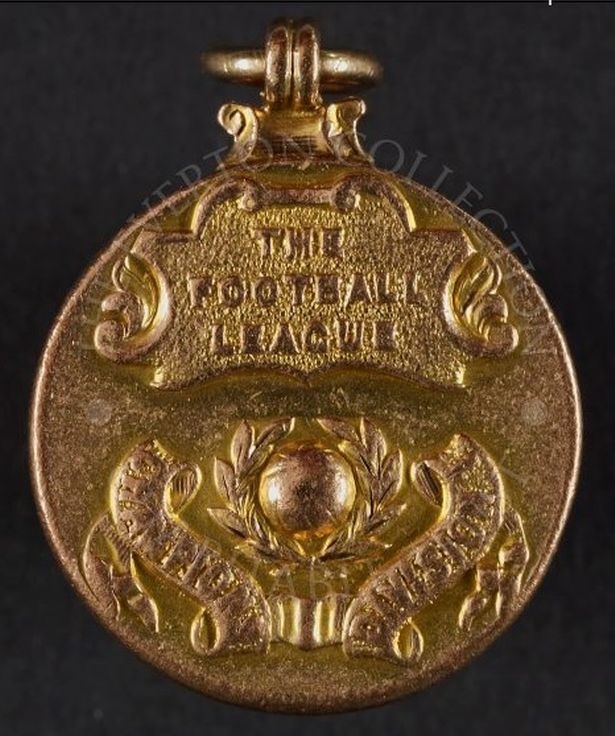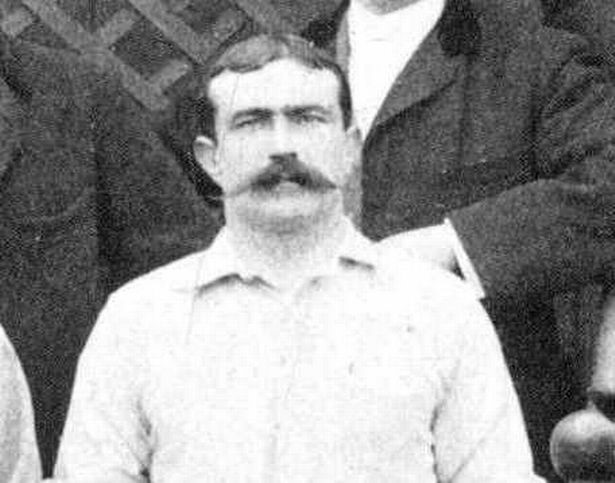John Crelley, an FA Cup Winner with Everton
When Everton reached the FA Cup Final in 1906 their opponents, Newcastle United, had previously done a 'league double' over them and were favourites to lift the trophy. The Merseyside club had reached this stage of the competition twice before and had been beaten on both occasions. This time, however, it was to be 'third time lucky' as the trophy found its way to Goodison Park. Playing for Everton that day at left-back was a man who, in many ways, epitomised the type of individual who shaped the development of Victorian Liverpool. His name was John Crelley and he was…



